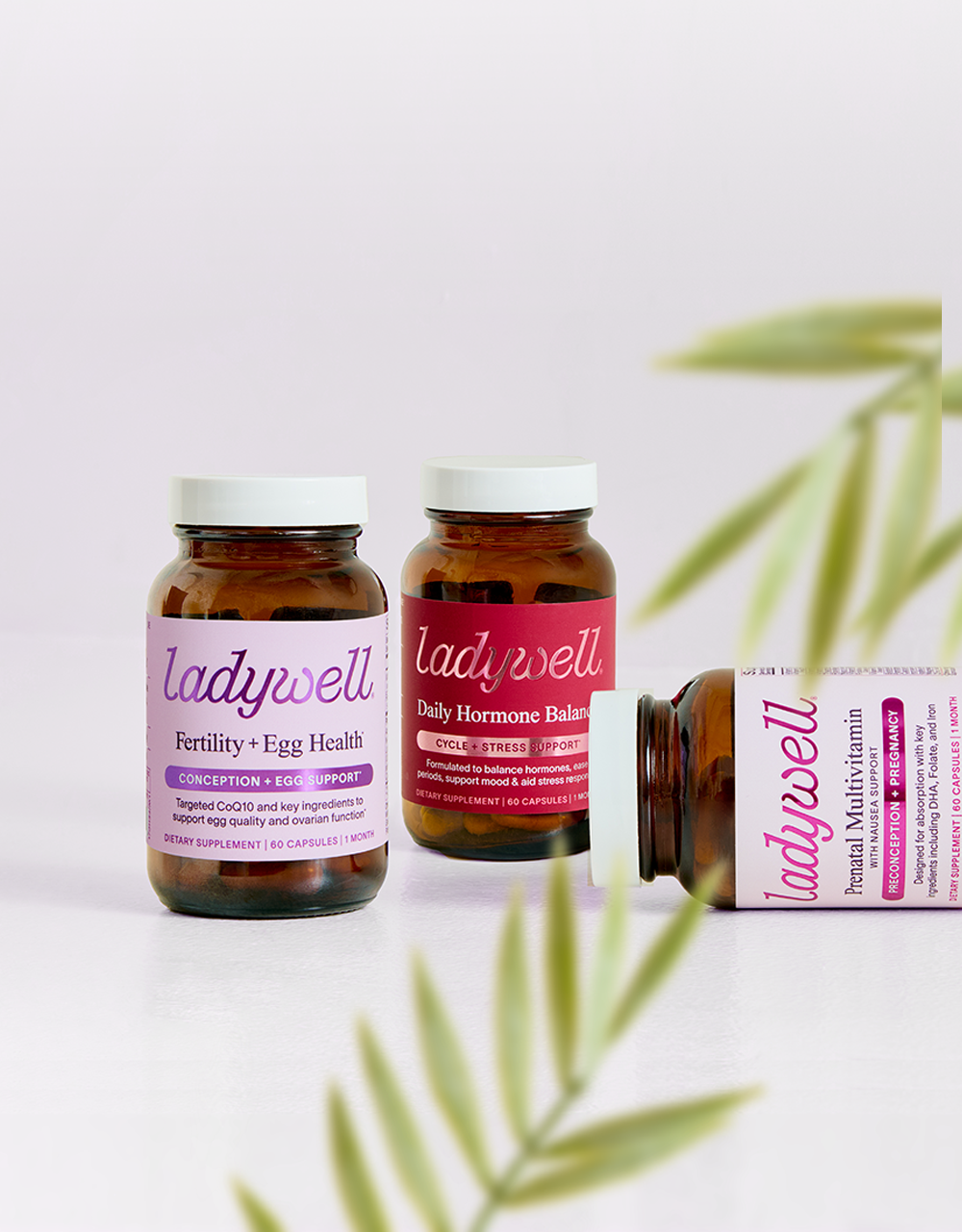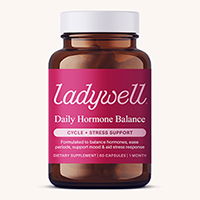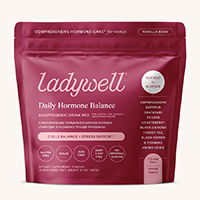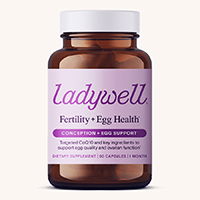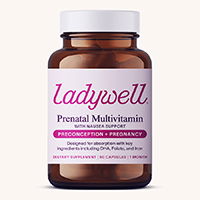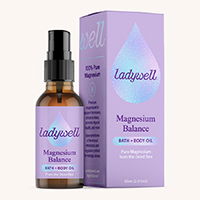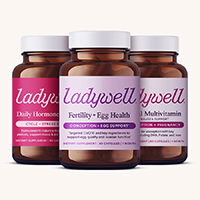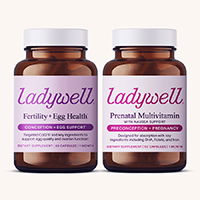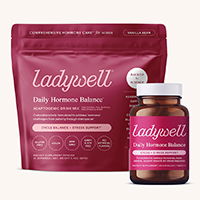Good nutrition is vital during pregnancy, but did you know your nutrient needs remain elevated even after giving birth? The postpartum period—often called the Fourth Trimester—is one of the most nutritionally demanding times in a woman’s life. Whether or not you’re breastfeeding, your body requires nutrient-dense foods to support healing, replenish lost nutrients, and restore overall well-being.
To help you recover and feel your best, here are 10 powerful postpartum foods to include in your diet.
1. Bone Broth
Bone broth is packed with collagen, amino acids, and minerals like calcium and magnesium, all of which help your body recover from pregnancy and childbirth. Collagen and elastin—found in skin, muscles, and connective tissues—undergo rapid breakdown and repair after birth. Bone broth provides the essential building blocks to support this healing process.
How to Include It in Your Diet:
• Sip it warm like tea.
• Use it as a base for soups and stews.
• Cook grains like rice, quinoa, and lentils in it for added nutrients.
2. Eggs
Eggs are one of the richest sources of choline, a nutrient critical for brain health, nervous system function, and overall postpartum recovery. Most women don’t get enough choline, yet it’s essential for both mom and baby. Eggs also provide protein, healthy fats, and B vitamins.
How to Include Them in Your Diet:
• Hard-boil eggs for a quick snack.
• Scramble, fry, or poach them for easy meals.
• Make egg muffins with veggies and cheese for meal prep.
• Use eggs in protein-packed pancakes or breakfast burritos.
• Opt for pasture-raised eggs, which have richer yolks and higher nutrient content.
3. Collagen Protein
Like bone broth, collagen protein is rich in amino acids that support tissue repair, skin elasticity, and postpartum recovery. It also promotes joint health and strengthens hair and nails, which can take a hit after childbirth.
How to Include It in Your Diet:
• Stir into tea, coffee, or smoothies.
• Mix into yogurt, oatmeal, or soups.
• Add to muffin or pancake batter for a nutrient boost.
4. Wild-Caught Salmon
Salmon is an excellent source of omega-3 fatty acids (DHA & EPA), which play a vital role in brain function, mood stability, and inflammation reduction. DHA is especially important for breastfeeding moms as it supports baby’s brain development. EPA has been linked to lower risks of postpartum mood disorders.
How to Include It in Your Diet:
• Enjoy grilled, baked, or pan-seared salmon.
• Add smoked salmon to salads, wraps, or eggs.
• Use canned salmon for quick meals like salmon patties.
• Try salmon jerky for an easy, protein-rich snack.
• Consider other omega-3-rich fish like sardines.
5. Grass-Fed & Pasture-Raised Meat
Iron is crucial postpartum due to blood loss during delivery. Many women experience postpartum anemia, leading to fatigue, dizziness, and brain fog. Grass-fed and pasture-raised meats provide heme iron, which is more easily absorbed than non-heme iron from plant sources. These meats are also rich in B vitamins, which support energy and metabolism.
How to Include It in Your Diet:
• Prioritize red meat like beef, bison, and lamb.
• Incorporate poultry such as chicken and turkey.
• Include organ meats like liver for an extra nutrient punch.
• Pair with vitamin C-rich foods to enhance iron absorption.
6. Grass-Fed Dairy
Calcium is essential for bone health and nerve function. Pregnancy and breastfeeding can deplete calcium stores, making dairy an important postpartum food. Fermented dairy options like yogurt and kefir also support gut health, which can influence digestion, immunity, and mental well-being.
How to Include It in Your Diet:
• Enjoy Greek yogurt, kefir, or cottage cheese.
• Add shredded cheese to meals for extra calcium.
• Choose grass-fed dairy for a better omega-3 to omega-6 balance.
7. Nuts & Seeds
Nuts and seeds are nutrient powerhouses, offering healthy fats, protein, fiber, and essential minerals like magnesium and zinc. They help with hormone regulation, energy production, and overall postpartum recovery.
How to Include Them in Your Diet:
• Snack on almonds, walnuts, or cashews.
• Sprinkle chia or flaxseeds onto yogurt or oatmeal.
• Blend sunflower or pumpkin seeds into smoothies.
• Use nut butters as a dip for fruit or spread on toast.
8. Fruits & Vegetables
Fruits and vegetables provide essential vitamins, minerals, and antioxidants that aid in postpartum healing. Vitamin C, for example, helps synthesize collagen, which is crucial for tissue repair. Fiber supports digestion, which can slow down after birth.
How to Include Them in Your Diet:
• Eat a variety of colorful fruits and vegetables to maximize nutrient intake.
• Focus on vitamin C-rich foods like citrus, bell peppers, and strawberries.
• Roast, steam, or sauté veggies for easy meals.
• Add leafy greens to smoothies, soups, and omelets.
• Choose organic when possible or follow the Dirty Dozen list to prioritize organic produce.
9. Whole Grains & Legumes
Whole grains and legumes provide complex carbohydrates, fiber, and key nutrients like iron, magnesium, and B vitamins. They help stabilize blood sugar, support digestion, and sustain energy levels.
How to Include Them in Your Diet:
• Choose brown rice, quinoa, oats, or lentils.
• Make nourishing grain bowls with veggies and protein.
• Prepare overnight oats or warm oatmeal for breakfast.
• Use chickpeas or black beans in salads, soups, and wraps.
10. Dark Chocolate (70% or Higher)
Yes, chocolate can be a postpartum superfood! Dark chocolate is rich in magnesium, iron, and antioxidants that support mood, energy, and cognitive function. Magnesium, in particular, helps with stress management and muscle relaxation—both essential for postpartum recovery.
How to Include It in Your Diet:
• Enjoy a small piece of dark chocolate as a treat.
• Add cacao powder to smoothies or oatmeal.
• Make homemade energy balls with dark chocolate, nuts, and dates.
Final Thoughts
Your postpartum body needs just as much—if not more—nutritional support as it did during pregnancy. By focusing on nutrient-dense whole foods, you can accelerate healing, boost energy, and feel your best as you navigate new motherhood.
Prioritizing these 10 foods will help you recover faster, balance your hormones, and sustain the energy you need to care for your baby and yourself. And if prepping meals feels overwhelming, remember that meal trains, slow cookers, and batch cooking can make healthy eating more manageable.
Disclaimer
The information provided in this blog is for educational purposes only and is not intended as a substitute for professional medical advice. Always consult a qualified healthcare provider before making any changes to your health regimen, especially if you are pregnant, nursing, or taking any medications.




